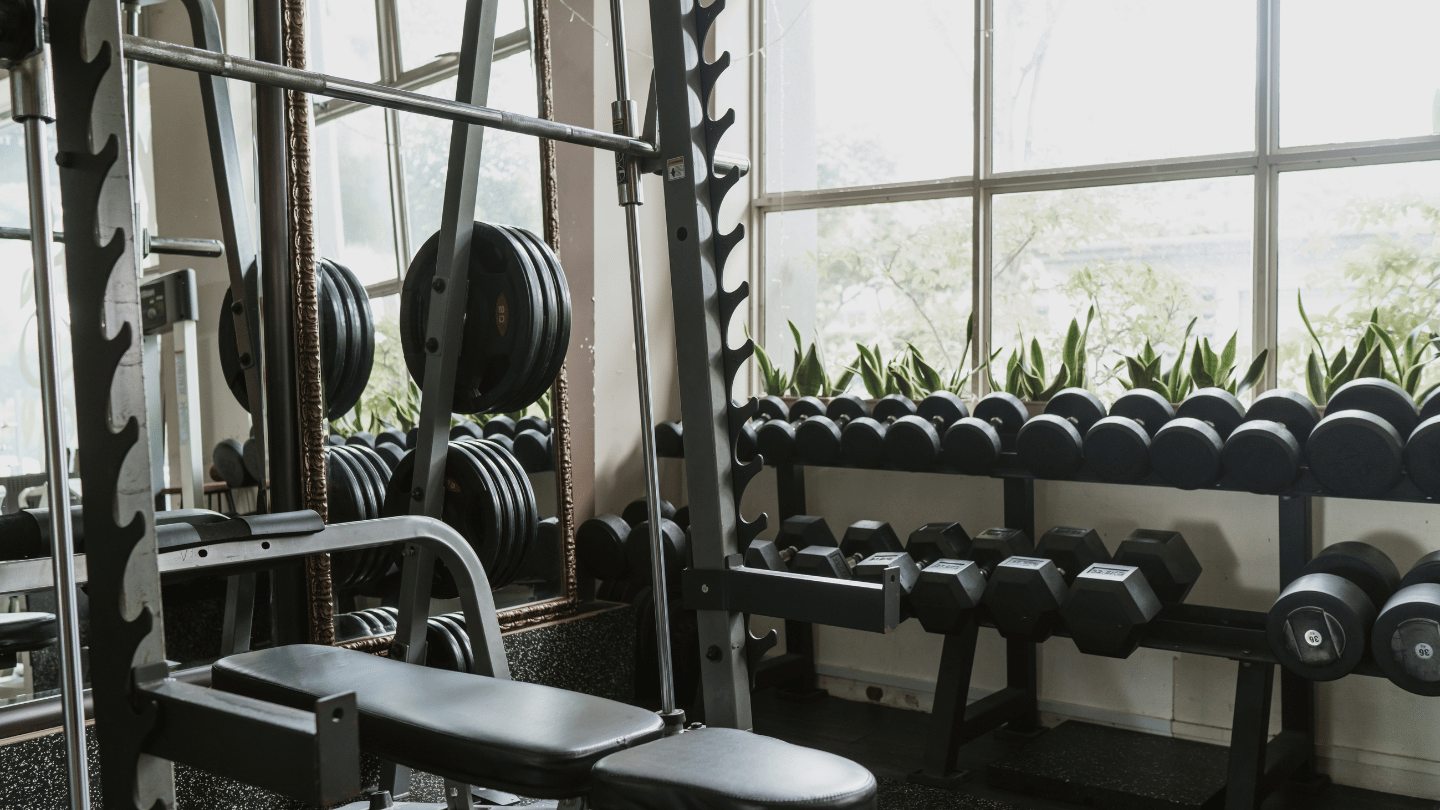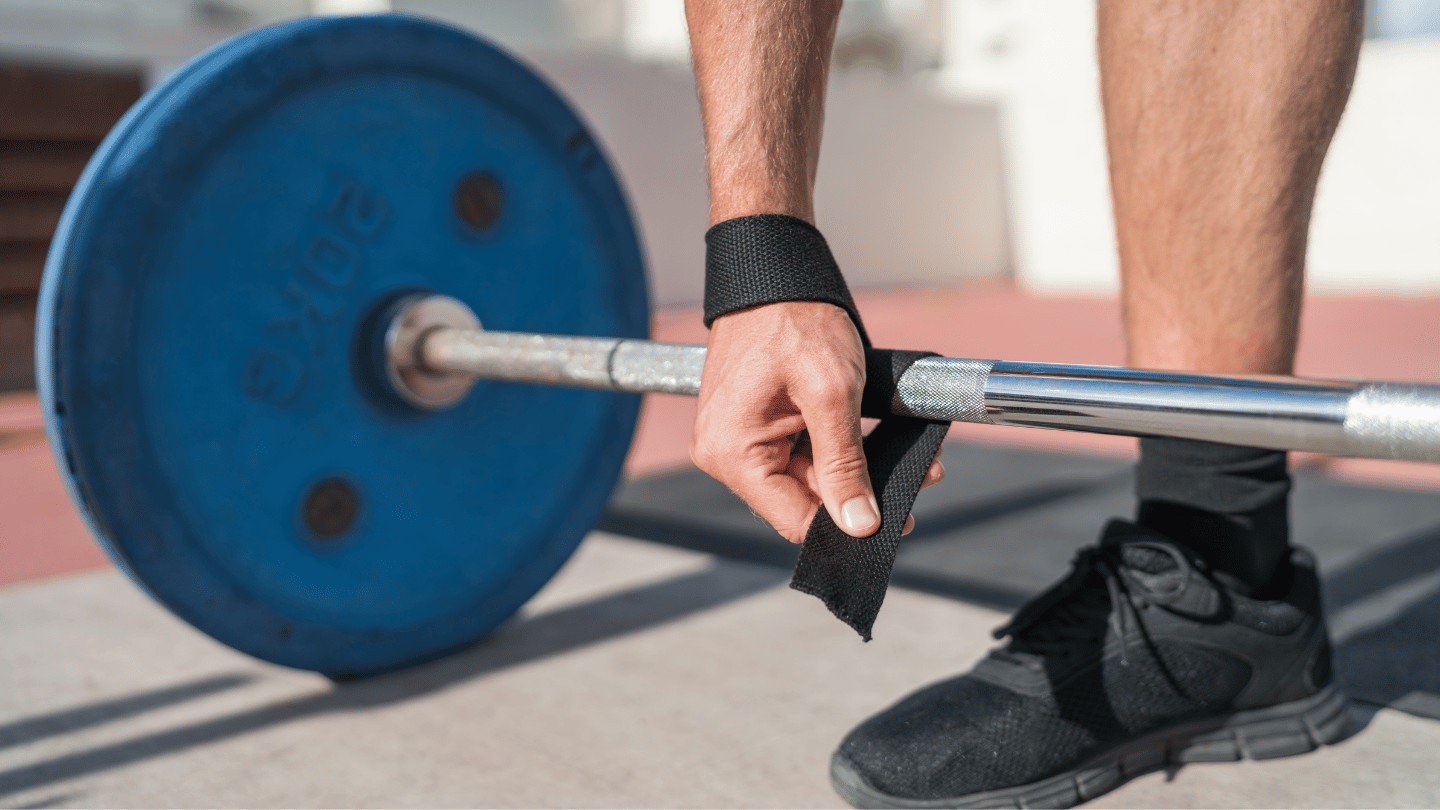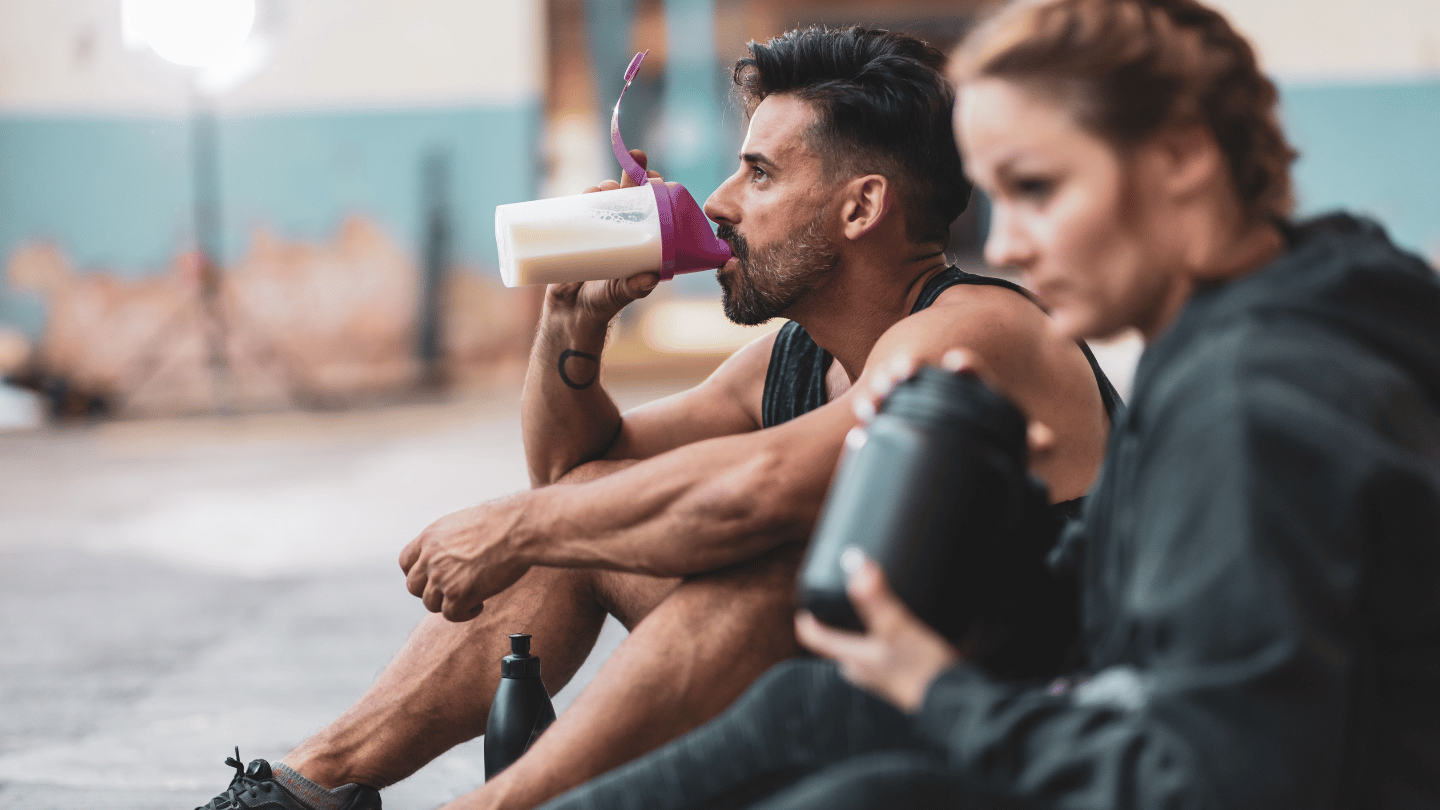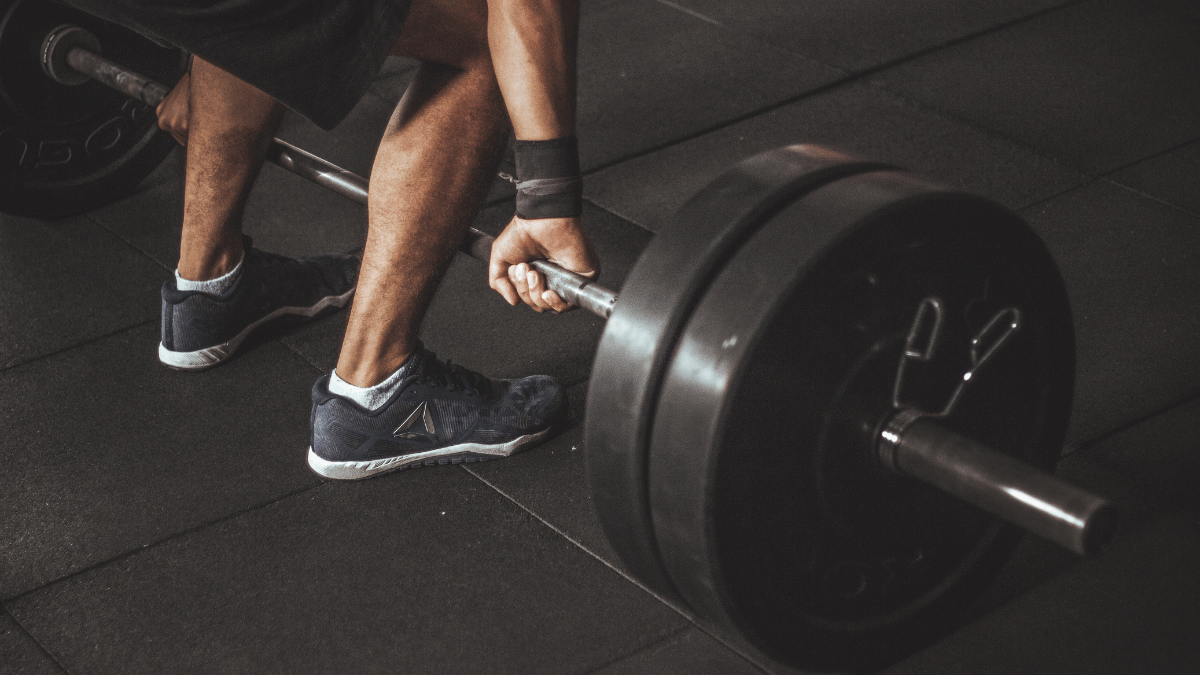You’ve probably heard the buzz about resistance training, but what’s it really all about? Imagine sculpting stronger muscles, boosting your metabolism, and feeling unstoppable—all through a workout that challenges your body to push against some serious resistance. Whether lifting weights, using resistance bands, or just doing bodyweight exercises, resistance training is your ticket to a fitter, healthier you.
And here’s the best part: you don’t have to go it alone. The personal trainers at Irvine’s Hideout Fitness are here to guide you every step of the way. With personalized plans and expert advice, they’ll help you make the most of your resistance training routine, whether you’re just starting out or looking to take your fitness to the next level.
If you've ever lifted weights, used resistance bands, or done bodyweight exercises like push-ups, then congratulations—you've already dipped your toes into resistance training! But what exactly is resistance training, and why is it so beneficial?
What is Resistance Training?
Resistance training is any exercise that causes your muscles to contract against an external force. This force could be your own body weight, free weights like dumbbells or kettlebells, resistance bands, or even machines at the gym.
The key idea here is that your muscles are working against some kind of resistance, which helps them become stronger over time.
What's the Difference Between Resistance Training and Strength Training?
Resistance training and strength training are terms that are often used interchangeably, but they have slightly different focuses.
Resistance Training
Resistance Training refers to any exercise where your muscles work against a force. This could be your body weight, resistance bands, free weights, or machines. The main goal is to improve muscle endurance, tone, and overall fitness. Resistance training can include exercises like push-ups, squats, and resistance band workouts.
Strength Training
Strength Training, on the other hand, is a subset of resistance training specifically focused on increasing muscle strength and power. This usually involves lifting heavier weights with fewer repetitions. Strength training exercises include heavy weightlifting, deadlifts, bench presses, and squats.
While all strength training is resistance training, not all resistance training is strength training. Resistance training covers a broader range of activities aimed at building muscle endurance and overall fitness, whereas strength training is more focused on increasing muscle mass and power through heavier weights and lower repetitions. Both are valuable components of a well-rounded fitness routine, and the best approach depends on your specific goals.
Why Should You Do Resistance Training?
The benefits of resistance training go far beyond just building muscle. Here are a few reasons why you might want to include it in your fitness routine:
- Increases Muscle Strength: As you consistently challenge your muscles, they adapt by getting stronger. This is great for everything from carrying groceries to improving athletic performance.
- Improves Bone Health: Resistance training is known to increase bone density, which can help prevent osteoporosis as you age.
- Boosts Metabolism: Building muscle helps you burn more calories even when you're not working out, which can be a big plus if you want to manage your weight.
- Enhances Mood: Like other forms of exercise, resistance training releases endorphins, which can help reduce stress and improve your overall mood.
- Supports Joint Health: By strengthening the muscles around your joints, resistance training can help reduce the risk of injury and support long-term joint health.
How to Get Started with Resistance Training
Starting a resistance training routine doesn’t have to be intimidating. Here’s a simple guide to help you begin:
- Start with Bodyweight Exercises: If you’re new to resistance training, start with exercises that use your body weight. Squats, push-ups, and planks are excellent for beginners.
- Incorporate Free Weights: Once you're comfortable with bodyweight exercises, you can start incorporating free weights like dumbbells. Begin with lighter weights and gradually increase the resistance as you get stronger.
- Try Resistance Bands: Resistance bands are a versatile and affordable option that can add variety to your workouts. They're also great for working out at home or on the go.
- Focus on Form: Good form is crucial to avoid injury and get the most out of your exercises. If you’re unsure, consider working with a trainer who can guide you.
- Be Consistent: Aim to include resistance training in your routine 2-3 times per week. Consistency is key to seeing results.
Types of Resistance Training
There are different types of resistance training, and each offers unique benefits:
- Bodyweight Training: Uses your own body weight as resistance. Think push-ups, squats, and lunges.
- Free Weights: Includes exercises with dumbbells, barbells, kettlebells, and medicine balls.
- Resistance Bands: Elastic bands provide resistance when stretched, which is great for a full-body workout.
- Machines: Found in most gyms, these provide guided resistance and can be useful for beginners to learn proper form.
Conclusion
Resistance training is a powerful tool for improving your overall health and fitness. Whether you’re looking to build strength, support joint health, or boost your metabolism, incorporating resistance exercises into your routine can help you achieve your goals. And remember, it's not just for athletes—resistance training benefits everyone, regardless of fitness level, making you feel welcomed and encouraged to start your fitness journey.
Ready to get started? At Hideout Fitness, we’re here to help you with personalized training plans that fit your lifestyle. Visit us in Irvine or join our online training program today! For more tips and to schedule your free one-hour consultation, call us at (949) 236-7970. Let’s build strength together!






















.png)











.png)


























.png)
.png)
.png)


























.png)
.png)
.png)
.png)
.png)
.png)
.png)
.png)
.png)
.png)
